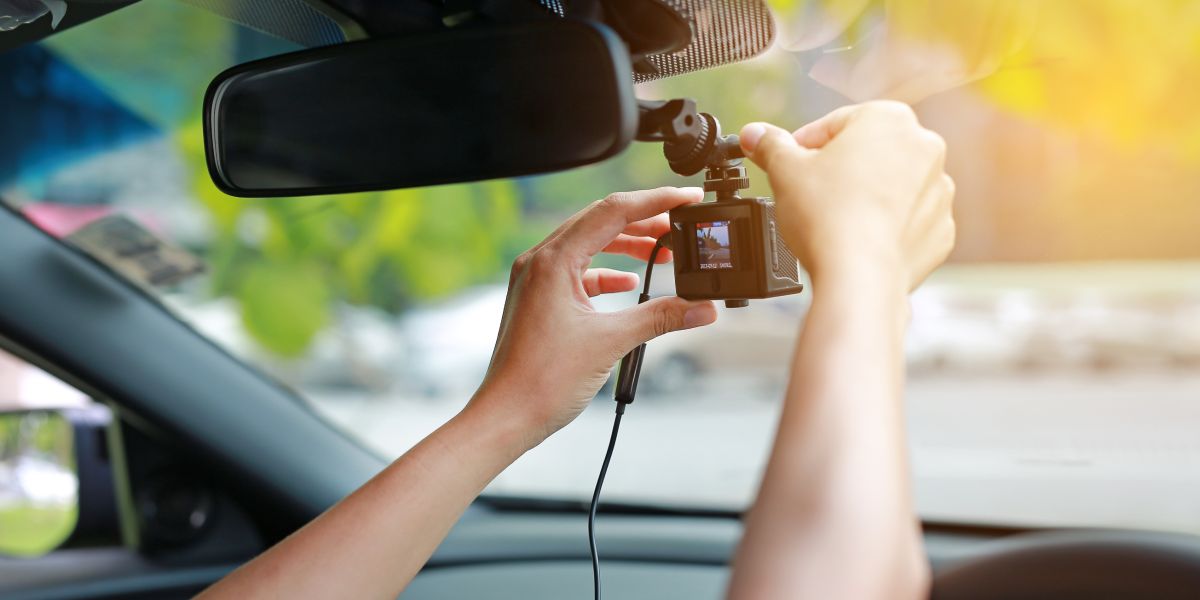Dashboard cameras, or dash cams, have become increasingly popular among California drivers for capturing road incidents and protecting against false claims. While dash cams are legal in the state, there are specific regulations concerning their use that every driver should be aware of to avoid fines or legal complications.
Are Dash Cams Legal in California?
Yes, dash cams are legal in California and can serve as helpful evidence in the event of an accident or dispute. However, their usage is governed by strict privacy and placement laws that must be followed.
Privacy Laws and Audio Recording
California is a two-party consent state. This means all parties being recorded must be aware of and consent to audio recordings. If your dash cam records conversations inside your vehicle or picks up voices from outside without consent, it could violate privacy laws.
Always inform passengers if your dash cam records audio.
Consider disabling audio recording to avoid legal risks.
Where Can You Mount a Dash Cam?
California law prohibits drivers from placing any object that obstructs their view through the windshield.
- Dash cams should not block your view of the road.
- The ideal placement is behind the rearview mirror.
- Avoid mounting the camera in a way that interferes with safe driving or blocks visibility.
Improper placement can result in traffic citations.
Can Dash Cam Footage Be Used in Court?
Yes, dash cam footage is generally admissible in California courts, but it must meet specific criteria:
- The footage must be unaltered and clearly show the incident.
- It should come from a reliable, functioning device.
- It must be relevant to the case.
While dash cam video can support your case in an accident or dispute, it’s typically evaluated alongside other evidence.
Dash Cams and Speeding Evidence
Dash cams that track speed cannot serve as the sole basis for a speeding ticket in California. Law enforcement relies on radar guns and other tools for speed enforcement.
- Dash cam speed data may be useful during investigations.
- However, it is not accepted as primary evidence for traffic citations.
Tips for Legal Dash Cam Use in California
- Inform passengers about any audio recording features.
- Mount your dash cam behind the rearview mirror or in another legal position.
- Regularly check that your dash cam is functioning properly.
- Ensure footage is stored securely and unaltered if it may be needed for legal purposes.
Conclusion
Using a dash cam in California can be a smart move for personal protection and legal documentation. However, it’s essential to comply with state laws regarding privacy, device placement, and admissibility of footage. By staying informed and cautious, drivers can benefit from the added security of dash cams without facing legal trouble.




